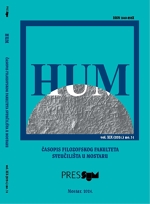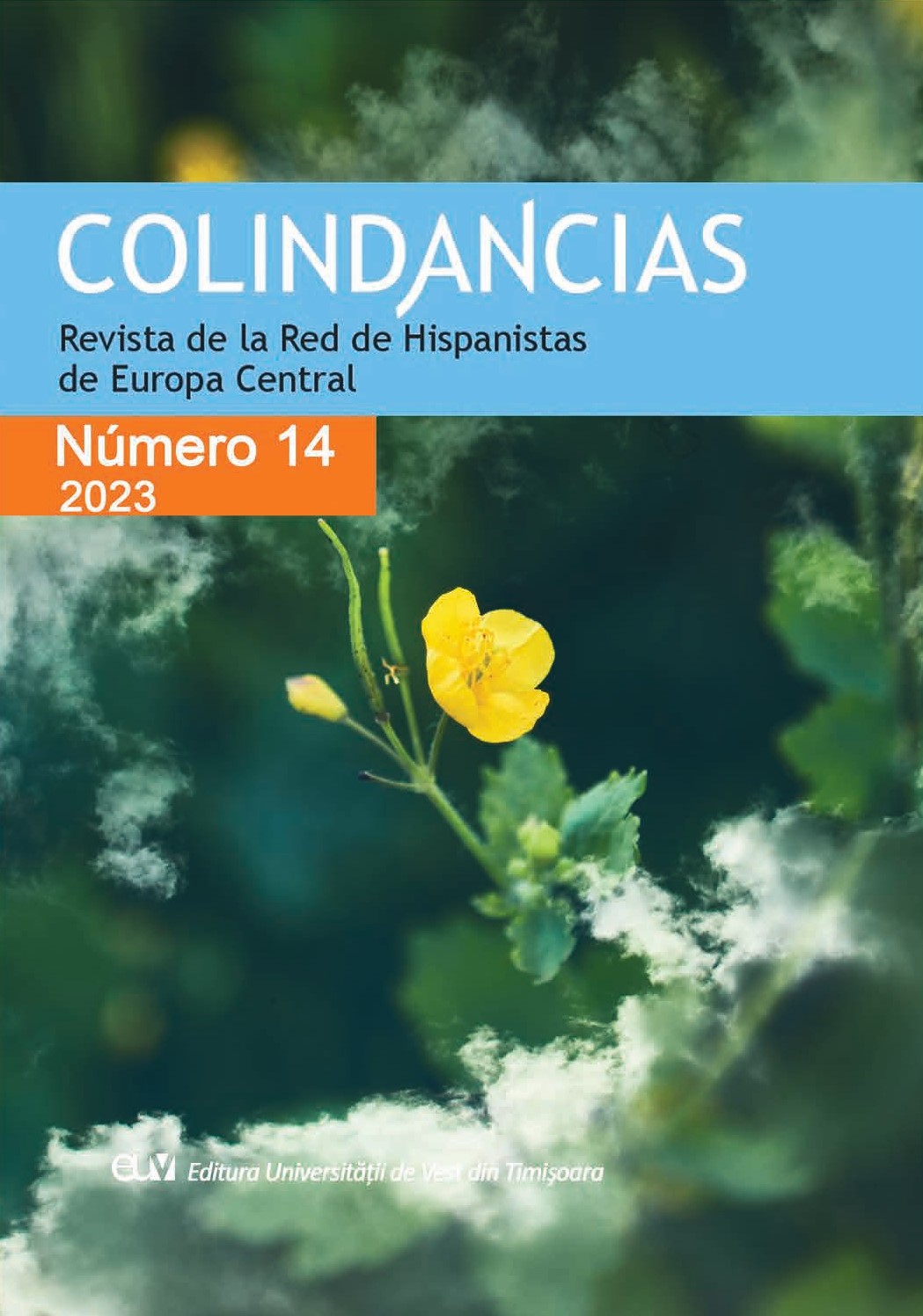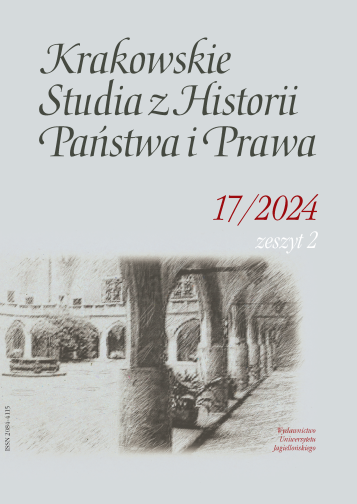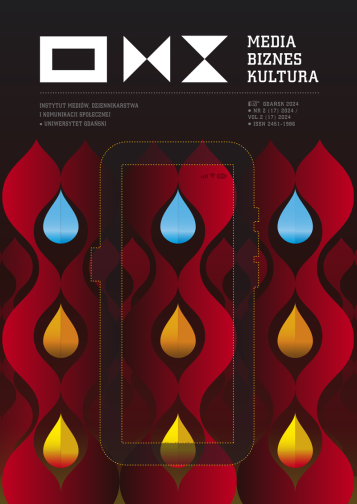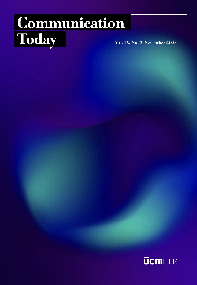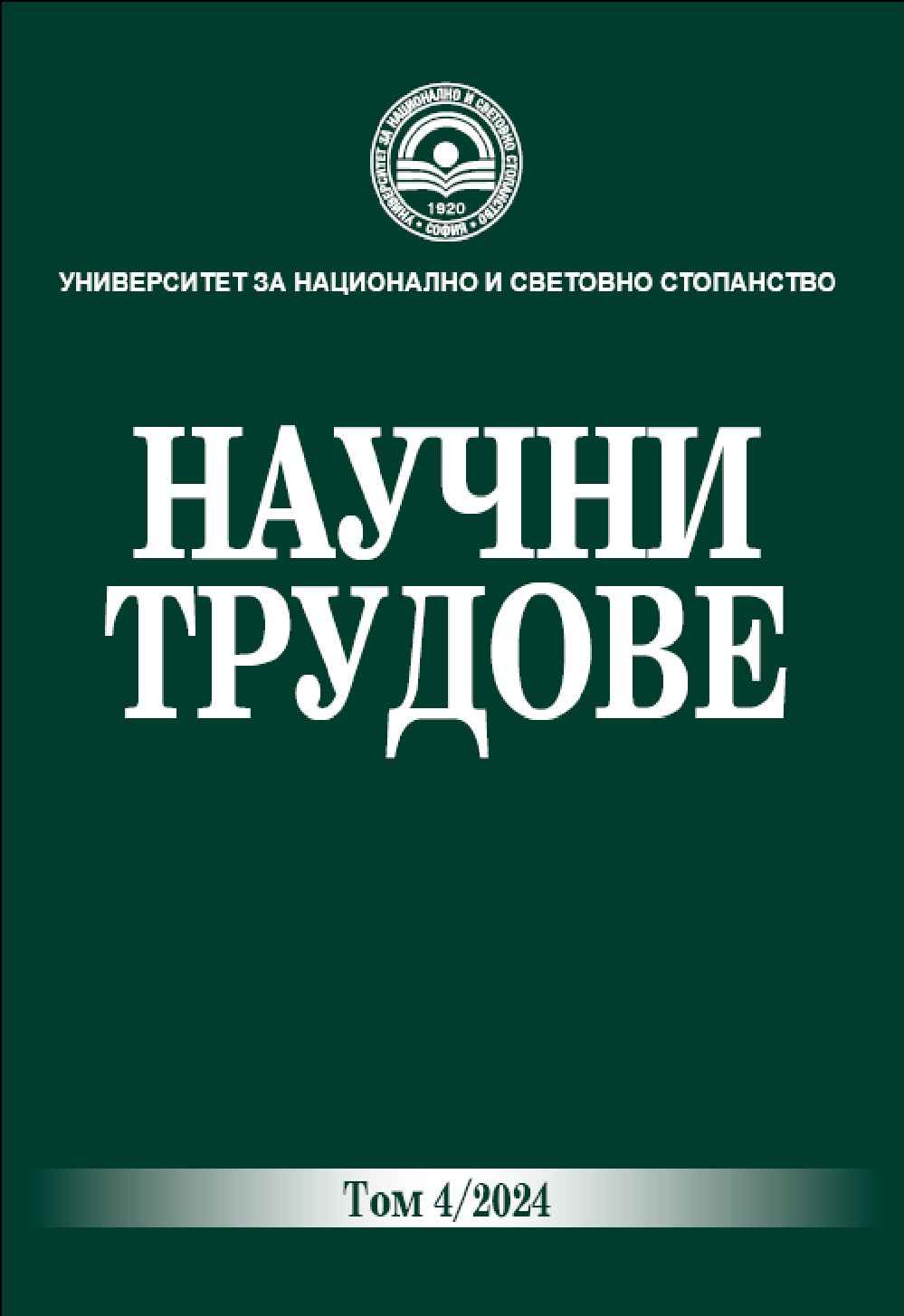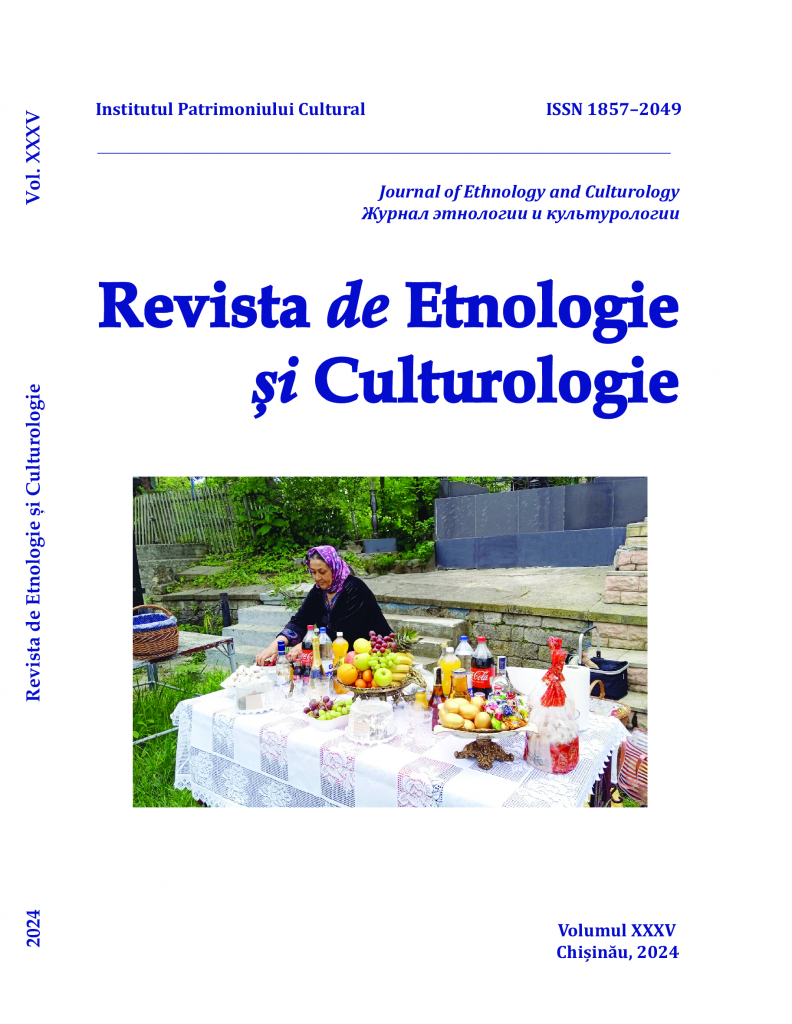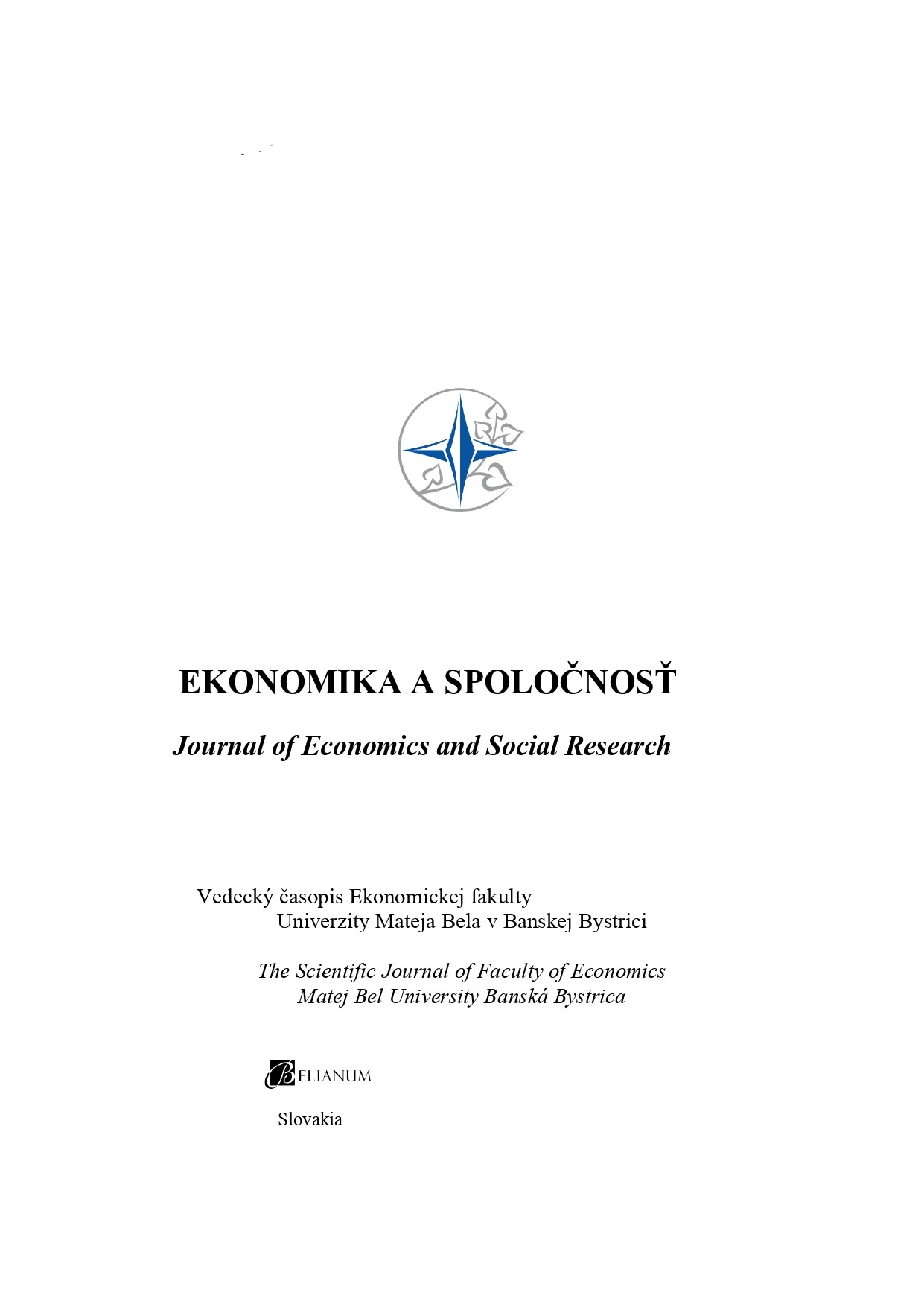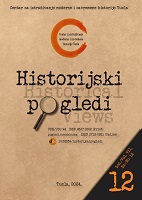
HOLODOMOR: REPORTS ABOUT THE ESCAPE ACROSS THE SOVIET-ROMANIAN BORDER IN THE GERMAN-LANGUAGE PRESS OF THE EARLY 1930S
This article explores the response of the German-language press to the events related to illegal crossings of the Romanian-Soviet border in the early 1930s, the number of which significantly increased due to the Holodomor and repressions in the Ukrainian SSR. The study aims to analyze the coverage of these events in German-language media, the influence of such publications on shaping public opinion regarding Soviet policy in Ukraine, and to confirm the thesis about the awareness of European governments of the real situation in the USSR. During the study, periodical publications from the 1920s and 1930s printed in Germany, Austria, Switzerland, Czechoslovakia, Luxembourg, and Liechtenstein were processed. The novelty of the research is the discovery of the accounts of eyewitnesses and participants of escapes across the Romanian-Soviet border, who managed to reach the right bank of the Dniester. Moreover, little-known facts about the consideration of the issue of crossing this border by refugees at the League of Nations level were revealed, and for the first time, literary works of German-speaking authors dedicated to the events of the Holodomor and the attempts of Ukrainians to escape from famine and persecution were analyzed. The conclusion of the study highlights the high potential of the German-language press of the early 1930s as a previously underexplored source of knowledge about the history of the Holodomor. The newspapers quite thoroughly covered the problem of illegal crossing the border to escape from hunger and repression in the USSR. Most of the materials on these topics were published throughout February-April 1932. The narratives within these reports illustrate the scenes of tragedy and despair, documenting harrowing encounters with Bolshevik military forces and the orchestrated targeting of fleeing civilians by border guards. Complemented by firsthand testimonials from survivors, these accounts provide information about socio-economic circumstances and underlying motivations precipitating their exodus from Ukraine. Moreover, the newspapers critically assessed Soviet propaganda narratives, exposing the discreet contrast between the purported prosperity within the USSR and the harsh realities endured by Ukrainian peasants under Soviet governance. In addition, we can assume that these publications were impactful, since some writers even presumably built the storylines of their literary works based on such materials. One of these books was the novel „Thanks to You, I Found M y Hom eland” written by Klothilde von Stegmann. Her text was partially published in the newspapers during the early 1930s, and one of the fragments at the beginning of the novel contained an episode about the escapes across the Soviet-Romanian border. However, in the post-war edition of the book, this fragment was deleted for unknown reasons. Finally, the presence of literary texts dedicated to escapes from the USSR indicates that this topic went beyond the professional circle of journalists and diplomats; it was discussed and reflected upon by the wider population.
More...
